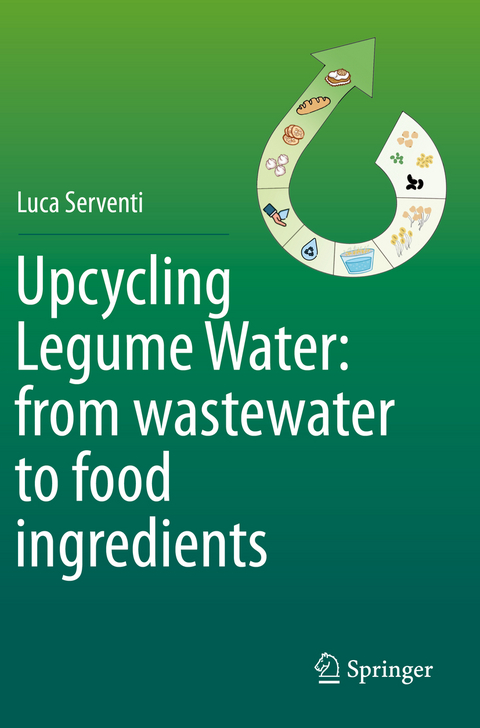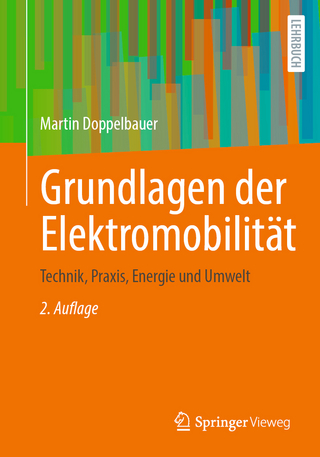
Upcycling Legume Water: from wastewater to food ingredients
Springer International Publishing (Verlag)
978-3-030-42470-1 (ISBN)
Food manufacturing generates an incredibly high volume of wastewater. The legume industry is one of the top contributors to this environmental issue, as soaking and boiling are necessary to transform dried legumes into cooked canned products and other legume-based products, such as soymilk, tofu, hummus and flours. Wastewater must be treated prior to disposal into the environment, thus raising production costs for the food industry. In addition, wastewater contains nutrients that are lost from the food chain after disposal. As water and soluble nutrients are becoming a limited resource, it is critical to optimize food manufacturing at all levels.
Recycling Legume Wastewater Into Food Ingredients presents a sustainable solution to this increasing demand for food and water. The text analyses the composition of legume wastewater and its physicochemical properties, including its potential applications in emulsifiers, foaming agents,gelling agents and antistaling ingredients. Early chapters discuss the processing of legumes and the wastewater generation involved. Further sections focus on wastewater generated by soaking and cooking, including the composition, functional properties, and food applications involved in each. Sprouting water, bioactives and applications in edible packaging are also discussed.
In presenting a sustainable solution for legume wastewater use, this text is an important key to sustainability in food processing and the reduction of waste.
lt;p>Dr. Luca Serventi is a Lecturer of Food Innovation in the Department of Wine, Food and Molecular Biosciences at Lincoln University in Christchurch, New Zealand. He is the leader of the Bachelor degree of Food Science. His research proposes sustainable solutions to develop texturizers and health-promoting ingredients while guaranteeing water security.
Ch 1: Legume Processing.- Ch 2: Wastewater Generation.- Ch 3: Soaking Water Composition.- Ch 4: Soaking Water Functional Properties.- Ch 5: Soaking Water Applications.- Ch 6: Cooking Water Composition.- Ch 7: Cooking Water Functional Properties.- Ch 8: Cooking Water Applications.- Ch 9: Sprouting Water Composition.- Ch 10: Bioactives in Legumes.- Ch 11: Edible Packaging from Legume By-Products.
| Erscheinungsdatum | 19.04.2021 |
|---|---|
| Zusatzinfo | XVI, 174 p. 27 illus., 24 illus. in color. |
| Verlagsort | Cham |
| Sprache | englisch |
| Maße | 155 x 235 mm |
| Gewicht | 302 g |
| Themenwelt | Naturwissenschaften ► Biologie ► Ökologie / Naturschutz |
| Naturwissenschaften ► Chemie ► Organische Chemie | |
| Technik ► Lebensmitteltechnologie | |
| Schlagworte | Food Sustainibility • Food Texture • Food Waste Management • Legumes • Recycled Food Ingredients • Water Quality and Water Pollution |
| ISBN-10 | 3-030-42470-7 / 3030424707 |
| ISBN-13 | 978-3-030-42470-1 / 9783030424701 |
| Zustand | Neuware |
| Informationen gemäß Produktsicherheitsverordnung (GPSR) | |
| Haben Sie eine Frage zum Produkt? |
aus dem Bereich


